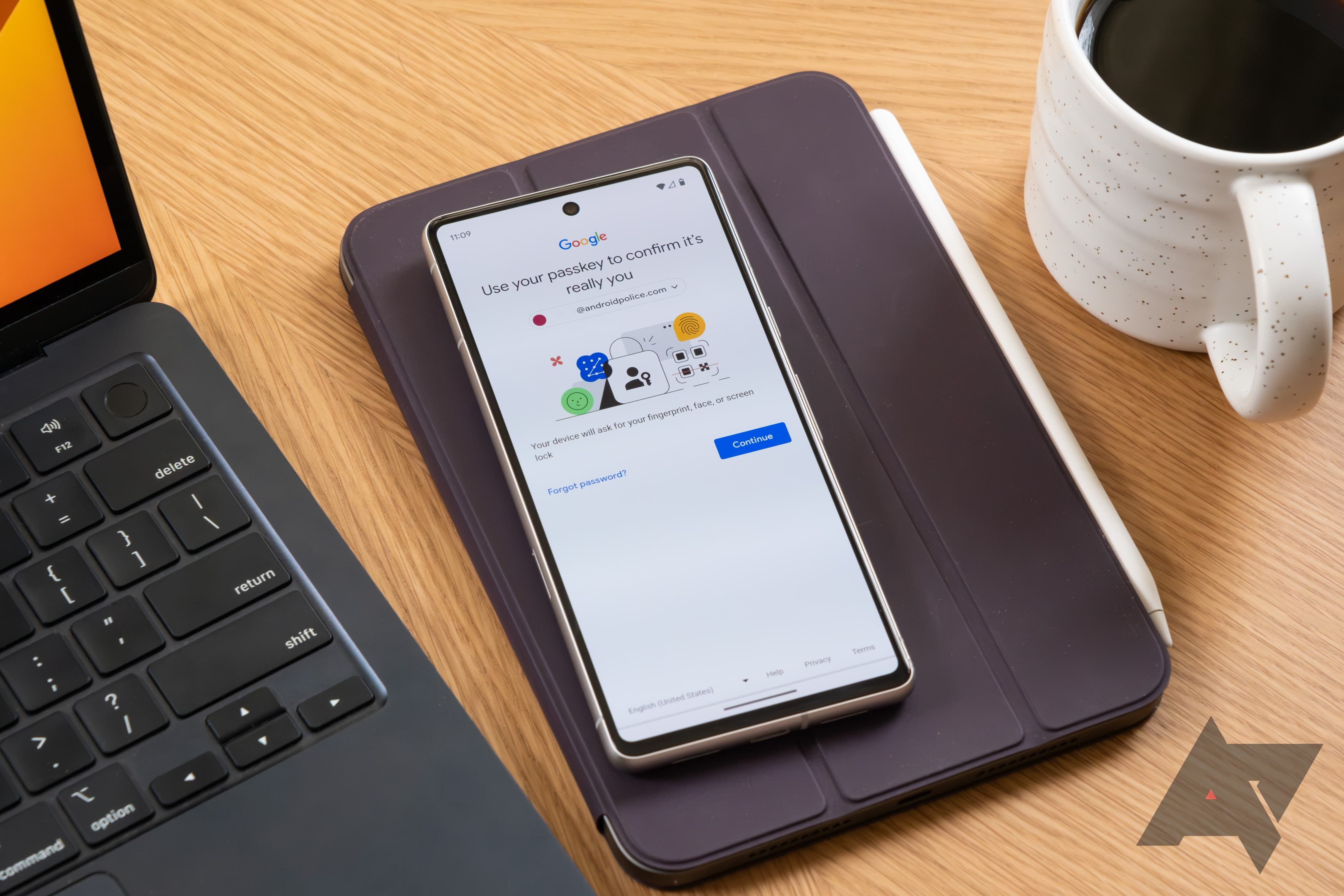Google takes online security quite seriously, and the company recently announced the official switch to passkeys, helping keep accounts more secure than passwords. There are several elements which make passkeys more secure than the only other widely used authentication system, but it would take more than just security to convince users to ditch a system they have been using for decades. Thankfully, Google has two promising statistics to sway your judgment.
Google’s detailed explanation accompanying the switch to a passkey login system for user accounts mentioned several noteworthy security benefits — support for biometric authentication, better security than two-factor authentication, immunity from phishing attempts, and easy sign-ins when your passkeys are on the same device. In the data collected between March and April this year, Google noticed users enjoying faster and more successful sign-ins with passkeys.
Specifically, the company says people clocked an average login time of 14.9 seconds with passkeys, while passwords took twice as long, with the average standing at 30.4 seconds. During the time Google collected data, people had a 13.8% authentication success rate using passwords, on average. Meanwhile, using passkeys more than quadrupled that rate to 63.8%.
Login time comparison (left); authentication success rate comparison (right)
Google wasn't exactly clear what it meant by authentication success rate, but perhaps it's comparing the chances of entering a wrong password to that of a passkey not working because of something like failed biometric authentication. Nonetheless, Google hopes that together, the convenience, speediness, and authentication success rate will help promote passkeys as the reliable future of digital authentication.
It could be a while before passkeys are the de-facto standard authentication system across the internet, but until then, we strongly suggest you try it with your Google account.

